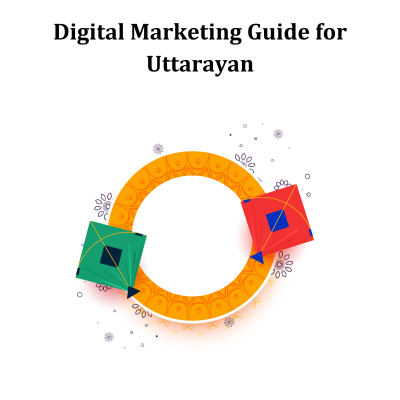SEO stands for Search Engine Optimization. It refers to the process of improving a website’s visibility and ranking on search engine results pages (SERPs) in order to drive organic (non-paid) traffic to the site.
SEO involves optimizing various elements of a website, including its content, structure, and HTML source code, as well as external factors such as backlinks.

Here are the key reasons why SEO is important for a website:
1.Increased Organic Traffic
2.Improved User Experience
3.Credibility and Trust
4.Higher Conversion Rates
5.Long-Term Marketing Strategy
6.Cost-Effectiveness
7.Competitive Advantage
1.Increased Organic Traffic:
SEO helps your website appear higher in search engine results, making it more likely for users to click on your site and visit it. By optimizing your website for relevant keywords and phrases, you can attract targeted organic traffic.
2.Improved User Experience:
SEO involves optimizing your website’s structure, navigation, and loading speed, which enhances the overall user experience. A well-structured and user-friendly website tends to rank higher in search engines, resulting in more satisfied visitors and potential customers.
3.Credibility and Trust:
Websites that appear on the first page of search results are often perceived as more credible and trustworthy by users. SEO helps establish your website’s authority and reputation, making it more likely for users to choose your site over competitors.
4.Higher Conversion Rates:
When your website is optimized for relevant keywords and provides valuable content, it attracts visitors who are more likely to convert into customers or take desired actions. SEO helps you target users at different stages of the buying cycle, increasing the chances of conversion.
5.Long-Term Marketing Strategy:
SEO is a long-term investment that can provide sustained benefits over time. Unlike paid advertising, which stops generating traffic once the budget runs out, SEO continues to drive organic traffic even if you reduce or pause your efforts, although maintaining optimization is crucial for long-term success.
6.Cost-Effectiveness:
While SEO may require an upfront investment, it generally provides a higher return on investment compared to other marketing channels. Once your website achieves a higher ranking, you can attract ongoing organic traffic without paying for each click, making SEO cost-effective in the long run.
7.Competitive Advantage:
In today’s digital landscape, most businesses have an online presence. SEO helps you stay competitive by ensuring that your website stands out and ranks higher than your competitors. By constantly improving and adapting your SEO strategy, you can maintain a strong online presence and attract valuable traffic.
It’s important to note that SEO is a complex and ever-evolving field. Search engines regularly update their algorithms to deliver the most relevant and high-quality results to users. Therefore, staying up-to-date with SEO best practices and regularly optimizing your website is essential for long-term success.
If you want to know more about seo visit us at https://markettingworld.com/search-engine-optimization/




Leave a Reply